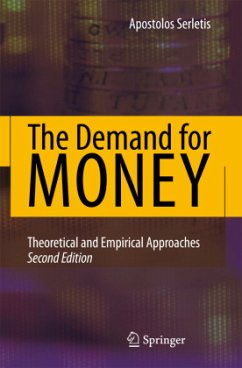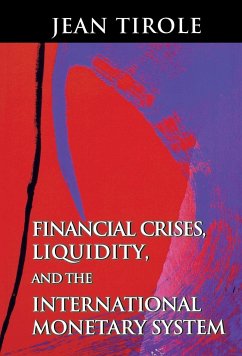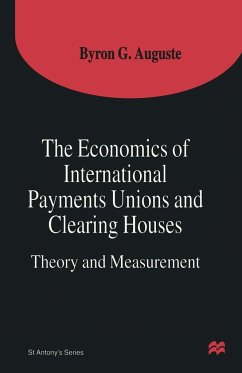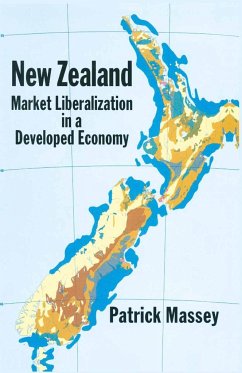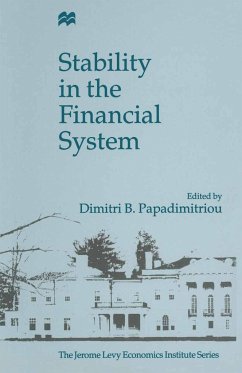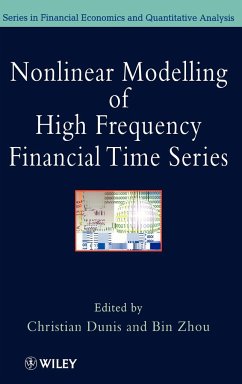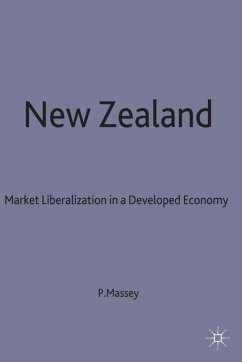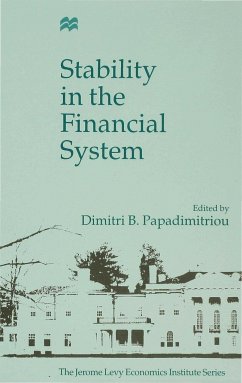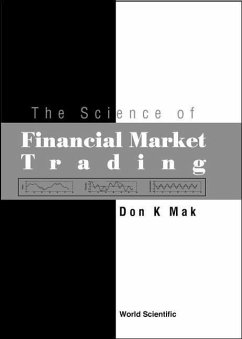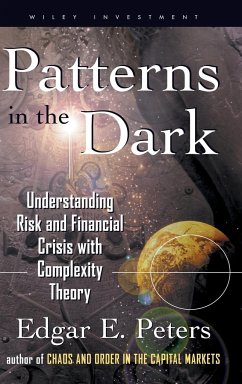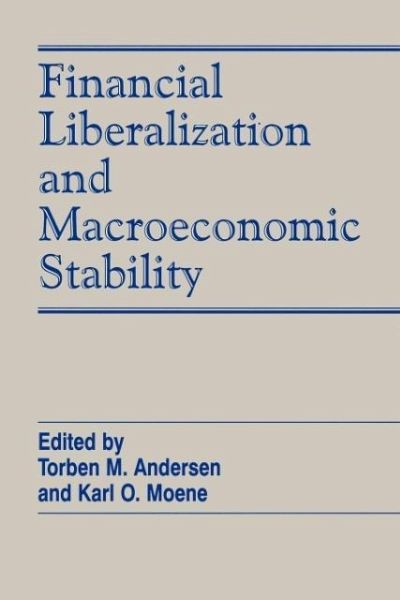
Financial Liberalization and Macroeconomic Stability
Versandkostenfrei!
Versandfertig in über 4 Wochen
37,99 €
inkl. MwSt.

PAYBACK Punkte
19 °P sammeln!
Most advanced countries have recently deregulated their credit markets and international capital movements have been liberalized. Over the same period, we have also experienced volatile financial markets and exchange rate crises, particularly in a number of European countries. This naturally raises the question of whether financial liberalization has affected macroeconomic stability and, if so, through which channels. As capital markets are liberalized, exchange rate crises may become more contagious. Empirical evidence indicates that this has been underlying the recent crises in the European ...
Most advanced countries have recently deregulated their credit markets and international capital movements have been liberalized. Over the same period, we have also experienced volatile financial markets and exchange rate crises, particularly in a number of European countries. This naturally raises the question of whether financial liberalization has affected macroeconomic stability and, if so, through which channels. As capital markets are liberalized, exchange rate crises may become more contagious. Empirical evidence indicates that this has been underlying the recent crises in the European currency market. This phenomenon has renewed our interest in the fundamental factors determining credibility of exchange rate policies and whether a Tobin tax on foreign exchange transactions could mute speculative pressure and stabilize the international monetary system. Macroeconomic stability towards different types of shocks may change as a result of both further capital market integration and monetary arrangements related to exchange rate management. This also raises the question of how the choice of operating targets for monetary policy affects macroeconomic stability. Seen from a single country perspective, capital market liberalization has had its most important effects by facilitating households' access to credit markets and opening up financial markets to foreign investors. This volume brings together theoretical and empirical contributions addressing these issues.





